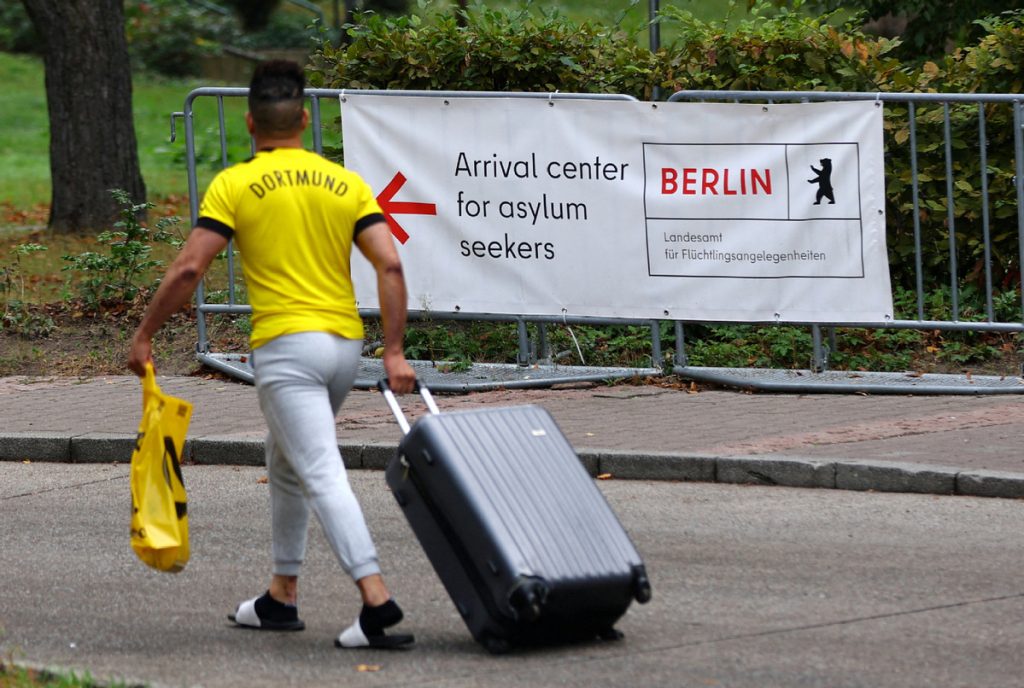The European Union has introduced a new migration proposal aimed at increasing the deportation of rejected asylum-seekers, following concerns over low return rates. Data from the European Commission indicates that less than 20 percent of those ordered to leave the EU actually depart, prompting calls for stricter enforcement.
The plan, known as the “European System for Returns,” includes the establishment of controversial “return hubs” in non-EU countries. These facilities would serve as temporary holding centers for migrants awaiting deportation. The proposal also seeks to grant broader powers to detain irregular migrants and enable EU nations to enforce each other’s deportation orders, addressing gaps in last year’s migration and asylum pact.
“We are creating the scope for member states to explore new solutions for return,” said Magnus Brunner, the EU commissioner for migration, adding that the current system is ineffective. “When someone is issued a return decision, they are being told to leave not just the country but the entire European Union,” he emphasized.
However, humanitarian organizations have strongly criticized the initiative, warning that it could lead to widespread detention and human rights violations. Silvia Carta from the Platform for International Cooperation on Undocumented Migrants cautioned that the proposal could result in families being separated and individuals being sent to unfamiliar countries. Marta Welander from the International Rescue Committee also raised concerns, arguing that keeping people “out of sight and out of mind” does not provide a long-term solution.
The proposal follows growing anti-migration sentiment and electoral gains by right-wing parties across Europe. Several EU nations, including Sweden, Italy, Denmark, and the Netherlands, have been advocating for stricter deportation measures. While the EU will not directly manage the return hubs, it plans to negotiate agreements with third countries willing to accept deported migrants.
Legal challenges are expected, as similar initiatives, such as the UK’s Rwanda deportation plan and Italy’s migrant processing centers in Albania, have faced significant obstacles.

